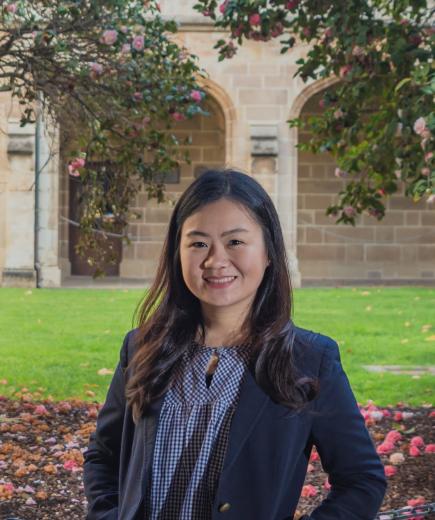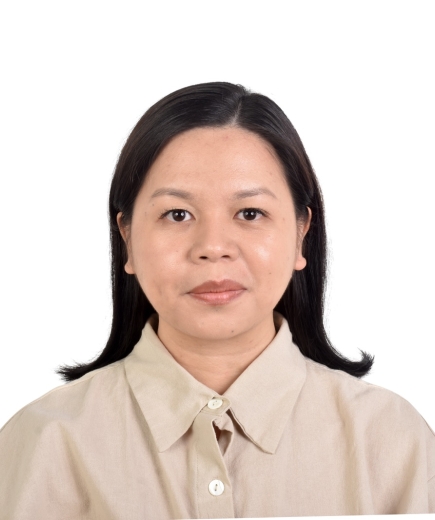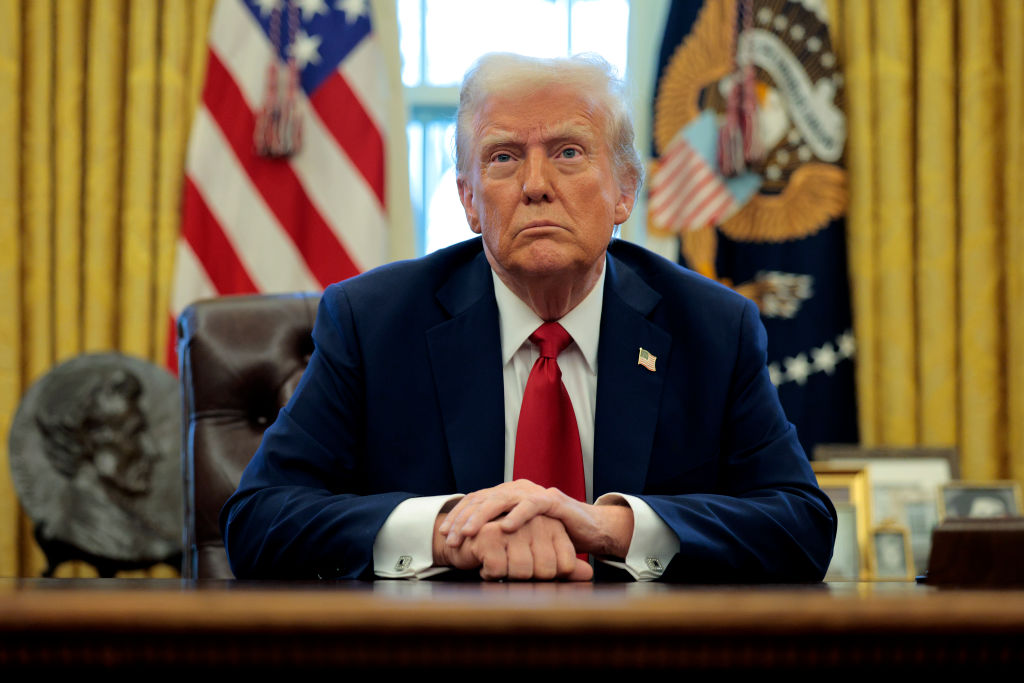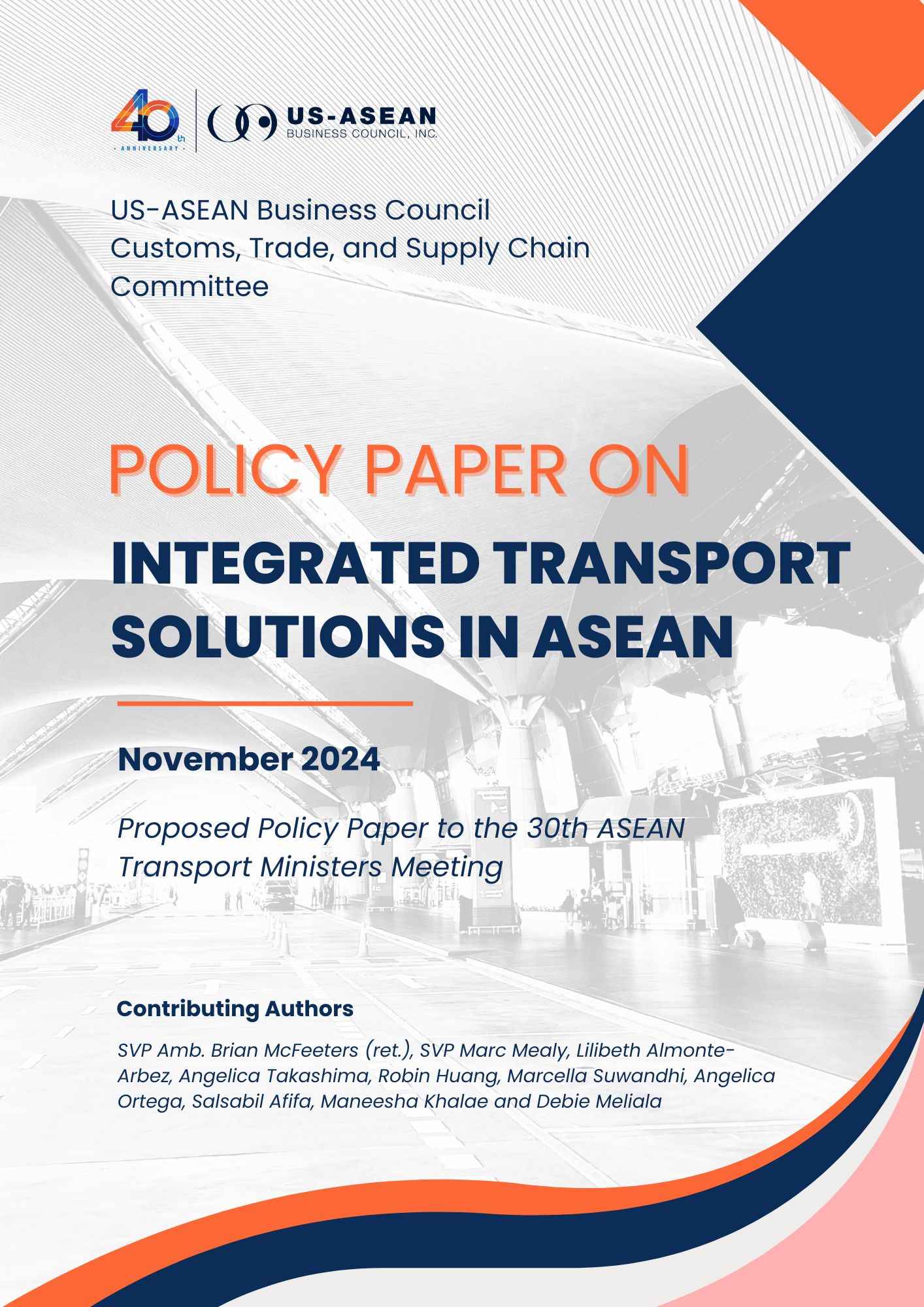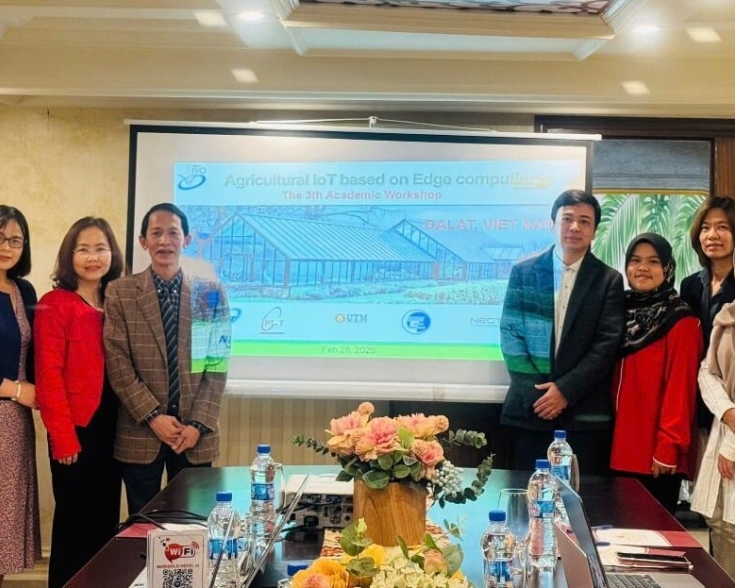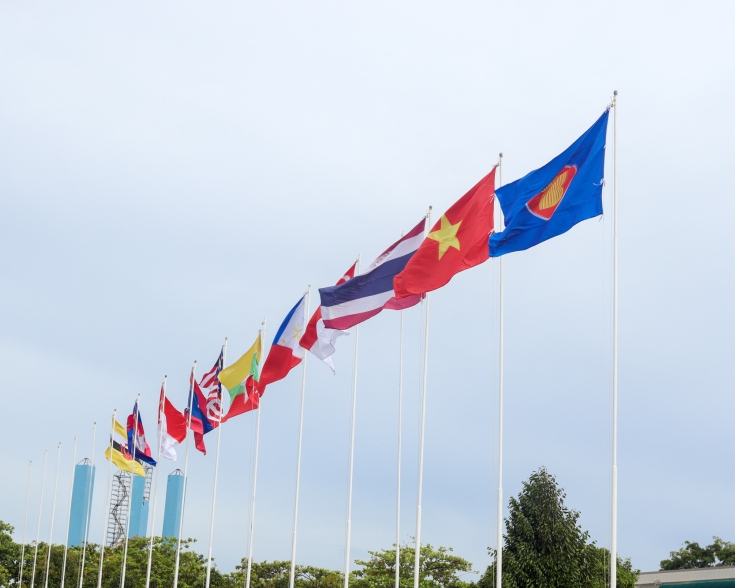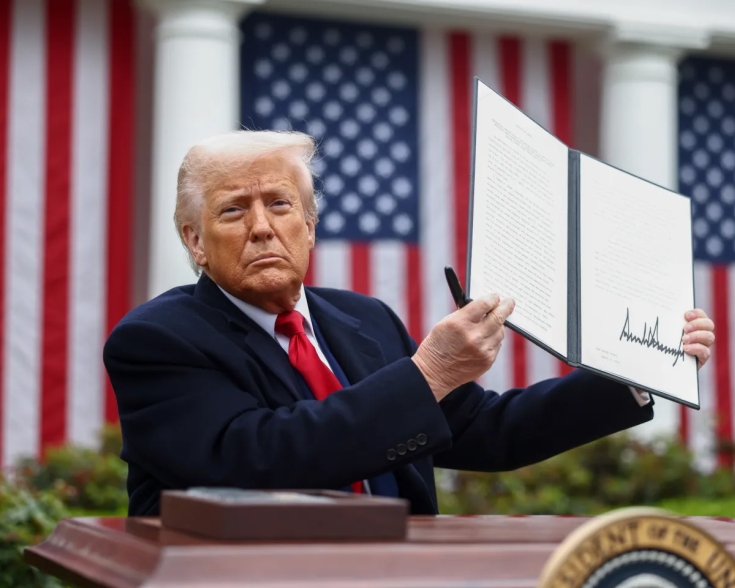ASEAN TRADE NEGOTIATIONS and CUSTOMS
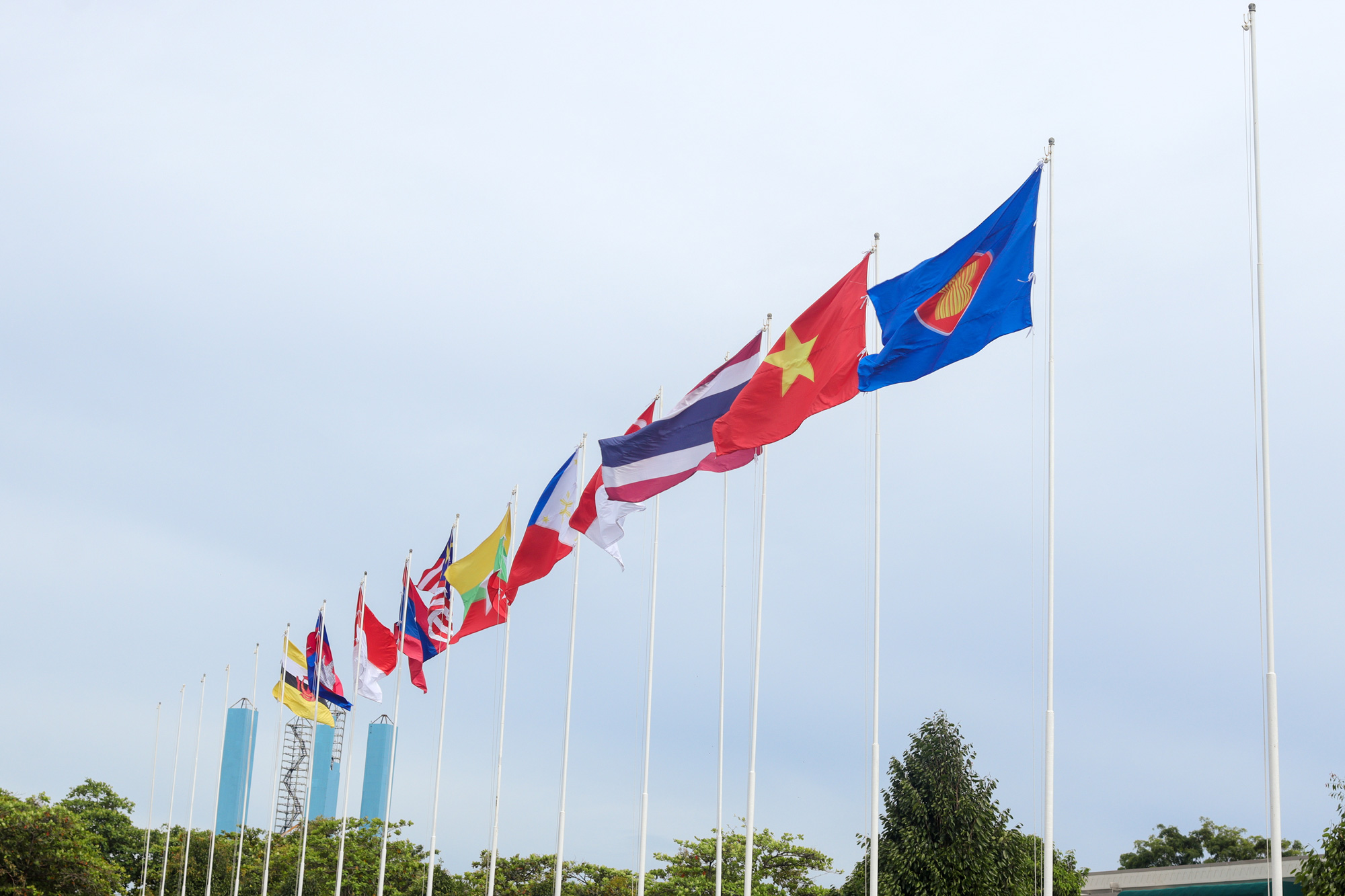
EU FTA Negotiations with ASEAN Countries Making Progress
Deputy Prime Minister Heng Swee Keat explained that landing on the parameters for an EU-ASEAN Free Trade Agreement (FTA) is difficult due to differences in ambition and readiness between member states. He also confirmed that steady progress has been made in specific areas, building on shared interests in areas related to digitalization, sustainability, and supply chain resilience. In addition, amidst the pursuit of a region-to-region FTA, bilateral FTAs between the EU and individual ASEAN nations are also advancing at varying paces.
Per Jakkapong Sangmanee, the Minister to the Prime Minister’s Office, the Thailand government aims to finalize negotiations on the EU-Thailand FTA this year. Jakkapong emphasized how the FTA will foster economic growth in both regions and benefit the inter-regional supply chain. The EU ambassador, David Daly, would like to work with Thailand through the FTA negotiations, paying special attention to sustainable development and oceanic governance.
President Ferdinand Marcos Jr. affirmed the resumption of the FTA negotiations between the Philippines and the EU, slated for completion by 2027. The comprehensive agreement is set to include provisions concerning digital trade and intellectual property rights. He highlighted several initiatives, such as the Retail Trade Liberalization Act and the Foreign Investment Act, as precursors to the FTA, underscoring the Philippine government’s dedication to maximizing the agreement’s benefits.
The Trade Undersecretary Ceferino Rodolfo added that in addition to the Philippine-South Korea FTA going into force this summer, the Philippine government is aggressively pushing for an FTA between the Philippines and the United States. Ceferino claimed that the FTA is being held in abeyance due to current political dynamics in America, a few months away from the presidential election. Though remaining optimistic, he expressed the Philippine government’s hope that as soon as the U.S. can start negotiating bilateral FTAs, the Philippines will be first in line.
After reaching an impasse 12 years ago, the EU and Malaysia have restarted their FTA negotiations, according to the Investment, Trade, and Industry Minister Tengku Datuk Seri Zafrul Abdul Aziz. Tengku Zafrul revealed that the FTA is currently being discussed at a working level and that his government is working closely with the EU on a scoping exercise.
Amid the aforementioned positive developments, Indonesian Chief Economic Affairs Minister Airlangga Hartarto urged fair treatment from the EU. Airlangga expressed his disappointment that Europe treats Indonesia differently than Vietnam and Thailand, for the Indonesia-European Union Comprehensive Economic Partnership Agreement (IEU-CEPA) talks have been unresolved for the past seven years.
INFRASTRUCTURE
Funan Techo Canal Requires Vietnam-Cambodia Cooperation
The proposed 180 km Funan Techo Canal Project, a strategic infrastructure project that connects the Mekong River to the Cambodian coast, has caused some diplomatic frictionbetween Vietnam and Cambodia due to environmental concerns. The US$1.7 billion China-funded project, to be completed by 2028, has caused some conservationists and Vietnamese authorities to be alarmed about potential damage to the Mekong Delta.
Cambodia’s deputy prime minister Sun Chanthol said that the Funan Techo Canal Project will lead to a 70 percent cut in shipping through Vietnamese ports. Sun downplayed critics’ environmental concerns, and he added that if requested, Cambodia would provide additional information to the Mekong River Commission (MRC) but had no legal obligation to do so. Senate president Hun Sen called linking the project to Chinese expansionism and military use “ridiculous” and emphasized that there is no link to China’s Belt and Road Initiative. The Cambodian government reassured that “it's not so naïve as to turn the Funan Techo Canal project into an international or regional issue, as demanded by a few extremist opposition groups.”
Though the Cambodian government has the right to develop infrastructure within its sovereign territory, Vietnam seeks to hold Cambodia accountable for acting in accordance with the 1995 Mekong Agreement. The spokeswoman of the Ministry of Foreign Affairs Pham Thu Hang expressed the wish that Cambodia would continue working closely with Vietnam and other MRC countries to share information. So Naro, Minister Delegate attached to the Prime Minister in charge of ASEAN affairs, previously claimed that Vietnamese officials can request access to the environmental impact report on the canal project submitted to the MRC, but Pham underscored that the information Vietnam has received so far about the project is not sufficient for relevant MRC nations to fully assess the impact of the project on water resources and the ecological environment of the Mekong sub-region. However, she added that Vietnam always treasures and gives top priority to its traditional friendship and neighborliness with Cambodia in its foreign policy.
US Big Tech Pour Investments in Developing ASEAN's Cloud Infrastructure
U.S. tech giants are strengthening their regional presence in Southeast Asia with huge investments in AI transformation and cloud infrastructure. Recognizing ASEAN’s growing digital economy projected to reach US$1 trillion by 2030, U.S. tech companies look to ASEAN to tap into ASEAN's growth, pursue"China plus" strategies, and navigate geopolitical risks amid US-China tensions. After Apple CEO Tim Cook announced a US$250 million expansion of the company’s Singapore campus and an increase in investments in Vietnam in mid-April, other tech corporations followed suit last month. Google announced it will make a US $2 billion investment in Malaysia, to build one of its largest scale Google data centers in the world and a Google Cloud region hub. Google will also launch two digital skilling initiatives for Malaysian students and educators, which will be important for the success of the Government of Malaysia's Cloud First Policy.
Microsoft CEO Satya Nadella made a multi-country trip to Indonesia, Malaysia, and Thailand. In Jakarta, he unveiled Microsoft’s plan to invest US$1.7 billion over four years in cloud and AI infrastructure in Indonesia. The next day, he added that Microsoft will establish its first data center in Thailand, expanding upon an agreement with the Thai government to advance Thai digital infrastructure. In Malaysia, Satya disclosed plans to invest US$2.2 billion over the next four years to support Malaysia’s digital transformation. Specifically, Microsoft will work with the Malaysian government to enhance cybersecurity capabilities and deliver AI training to 200,000 individuals in the country. Microsoft’s investment in Thailand and Malaysia marks the largest investment in the company’s 29-year presence and 32-year history in the country, respectively. Microsoft’s moves have demonstrated its understanding of ASEAN’s strategic importance and is committed to teaching AI skills to 2.5 million people across the region, particularly in Malaysia, Thailand, Vietnam, and the Philippines.
Amazon committed to spending US$9 billion building its cloud computing infrastructure in Singapore, doubling Amazon Web Services’ investment in Singapore and speeding up the adoption of AI. The company will partner with the Singapore government to help small businesses leverage generative AI and conduct workshops for more than 100 businesses in the next two years. These additional investments will support Singapore's Smart Nation and National Strategy 2.0 via AWS AI Spring Singapore, a new flagship AI program in collaboration with the Singapore government, and support data center construction, operation, and maintenance.
MANUFACTURING
Malaysia Joins the Chip Manufacturing Race With a Target RM 500 Billion Investment
Prime Minister Anwar Ibrahim announced on May 28 that Malaysia targets at least RM 500 billion (US$143.5 billion) in semiconductor investment under a new National Semiconductor Strategy (NSS). To reach the goal of enabling Malaysia to "move up the semiconductor global value chain", the Malaysian government has allocated RM 25 billion to support the NSS, and the allocation will include training 60,000 highly skilled Malaysian engineers. The key component of the strategy is to build up collaborations within the ASEAN region and establish new partnerships with multinational companies. The NSS will be implemented in three phases, focusing on integrated circuit design, advanced packaging, and manufacturing equipment.
Currently, Malaysia accounts for 13 percent of global testing and packaging, and through the NSS, Malaysia strives to strengthen its role as a major player in the semiconductor industry. Experts predict that the Asia Pacific semiconductor market is projected to grow by double digits this year, and Malaysia is well-positioned to meet the rising demand.
Anwar added that Malaysia is the global semiconductor industry’s best bet for a “neutral and non-aligned location” to do business, as he pitched his country to chipmakers fleeing the US-China tech war. Since 2021, the standoff between the two superpowers has benefited Malaysia, luring over US$20 billion in fresh chip-related investments. Thus, it is no surprise that the Malaysian government is determined to attract more semiconductor investment, especially given that the semiconductor industry contributes to about 25 percent of the country’s gross domestic product.
The tensions between the U.S. and China have brought a golden opportunity for SE Asian economies, and Malaysia is not the only one vying for a piece of the semiconductor pie. Vietnam has pledged tax incentives to help its semiconductor sector, Singapore has built up its capabilities in wafer production in the front-end, and Thailand has focused on building a domestic EV industry that requires semiconductor devices.
TRADE FACILITATION AND SMEs
Singapore SMEs Struggle with Higher Costs and Reduced Profitability
SMEs encounter challenges in prioritizing the happiness and well-being of their employees beyond just productivity amid the changing work landscape and economic uncertainties.
A survey of 800 Singapore small and medium-sized enterprises (SMEs) found that SME owners face budget constraints and steep prices when sourcing office locations. Another survey showed that 50% of SMEs struggle with higher costs and reduced profitability and are forced to shut down or relocate due to high interest rates.
The Workers’ Party, led by Secretary General Pritam Singh, addressed SME concerns amid economic difficulties in its May Day (Labor Day) Statement. Pritam cited slow economic growth coupled with high inflation as the cause of SME struggles. Thus, the Workers’ Party advocated for more government support for SMEs in areas such as employment recruitment, rental assistance, and more accessible grant applications. Despite the Workers’ Party promises, private-sector economist Manu Bhaskara observed that one key factor of Singapore’s productivity challenge is the lagging performance of SMEs. Even though SMEs are super-productive on a micro level, Ang Yuit, the president of the Association of SMEs, added that SMEs face tight margins and thus lack system-level productivity. He warned SME owners that they need to be prepared to make difficult decisions such as merging with another SME or making a trade sale if economic uncertainties continue in the long term.
Aside from general business support like skills and workforce development, the Singapore Government in the 2024 budget has SME support programs including enhanced support for green loans under the Enterprise Financing Scheme to expand its scope for SMES and Partnerships for Capability Transformation (PACT) scheme which bridges large firms with SMEs. For more information on how SMEs view government support and future needs to establish in Singapore and scale up abroad, you could go to a WorkTalk podcast supported by the Ministry of Finance.
TRANSPORT
The Next Big Thing: Auto Industry Opportunities in SE Asia
ASEAN’s electric vehicle market is projected to reach a market volume of US$1.8 billion by 2028 as all ASEAN countries are looking to recruit electric vehicle (EV) manufacturers to their shores. Due to supply chain disruptions and increasing competition, Tesla is looking to decrease its dependence on China and taking a closer look at Thailand, the “Detroit of Asia.” Thai government officials have engaged with Tesla for a couple of years and recently have discussed the possibility of building the next Gigafactory in Thailand.
The EV market is not the only hotspot, for Japan and ASEAN plan to create their first joint strategy on automobile production and sales within the Southeast Asian bloc. Until now, each Japanese automaker company has conducted business on its own in SE Asia, but with Chinese companies strengthening their presence in the region, the Japanese government is stepping in to create a joint strategy. The two sides aim to develop an interim joint strategy, expected to extend until around 2035, when their economic ministers meet this September.
As automakers from China, Japan, South Korea, and other countries increasingly compete in SE Asia nations, subsidies and macroeconomic conditions are key factors for the region’s auto sales. For example, sales tax exemptions for domestically produced vehicles fueled Malaysia to overtake Thailand as ASEAN’s second-biggest auto market. Meanwhile, the Philippines has extended its no-tariff policy on EVs and components through 2028 to reduce dependence on fossil fuels and stimulate its EV market. President Ferdinand Marcos Jr. has made renewable energy a centerpiece of his policy agenda and aims to promote cleaner transportation alternatives through his zero-tariff policy on EVs.
SUPPLY CHAINS
Can US-China Rivalry Incentivize a Mineral Security Partnership with SE Asia?
The competition to strengthen global supply chains for essential minerals crucial to the ongoing energy transition is intensifying. Reserves of critical minerals tend to be concentrated in different countries and regions, influencing specific supply chains and trade dynamics. Businesses are vying for strategic positions within evolving production networks, while legislatures are pushing forward initiatives to relocate mineral processing away from China. A bipartisan group of Congress members, led by Representatives Kathy Castor, Rob Wittman, Raja Krishnamoorthi, and Michael Waltz, urged the House Appropriations Committee to support the U.S. Department of Energy’s work on critical minerals and materials (CRM) innovation in the Fiscal Year 2025 appropriations legislation. The lawmakers expressed concern about China’s dominance of mineral processing and called for the federal government to strengthen critical minerals supply chain security and develop sustainable domestic CRM supply chains.
Discussions between the U.S. and the Philippines are in the early stages, driven by growing concern in Washington over China’s dominant position over nickel processing in Indonesia, the largest supplier of the critical mineral. One measure under consideration is a trilateral cooperation through which the U.S. would provide financing, the Philippines would supply raw nickel, and a third nation would offer refining technology.
Meanwhile, the Department of Trade and Industry (DTI) is urging the U.S. and Japan to include the Philippines in their 2023 critical minerals agreement. Trade Secretary Alfredo Pascual said that a critical minerals deal would help the U.S. and Japan with their supply chains as well as attract American investors to invest in mineral processing in the Philippines.
With ASEAN countries currently dominating and flooding the critical minerals market, the U.S. may need to establish a mineral security partnership with SE Asia to reduce mineral dependencies on China. Given ASEAN produces 46.84% of nickel and fosters a growing green energy sector, it is likely that some countries in the region will be asked to join the US-led Mineral Security Partnership, a new international group to diversify the supply chains for critical minerals.





